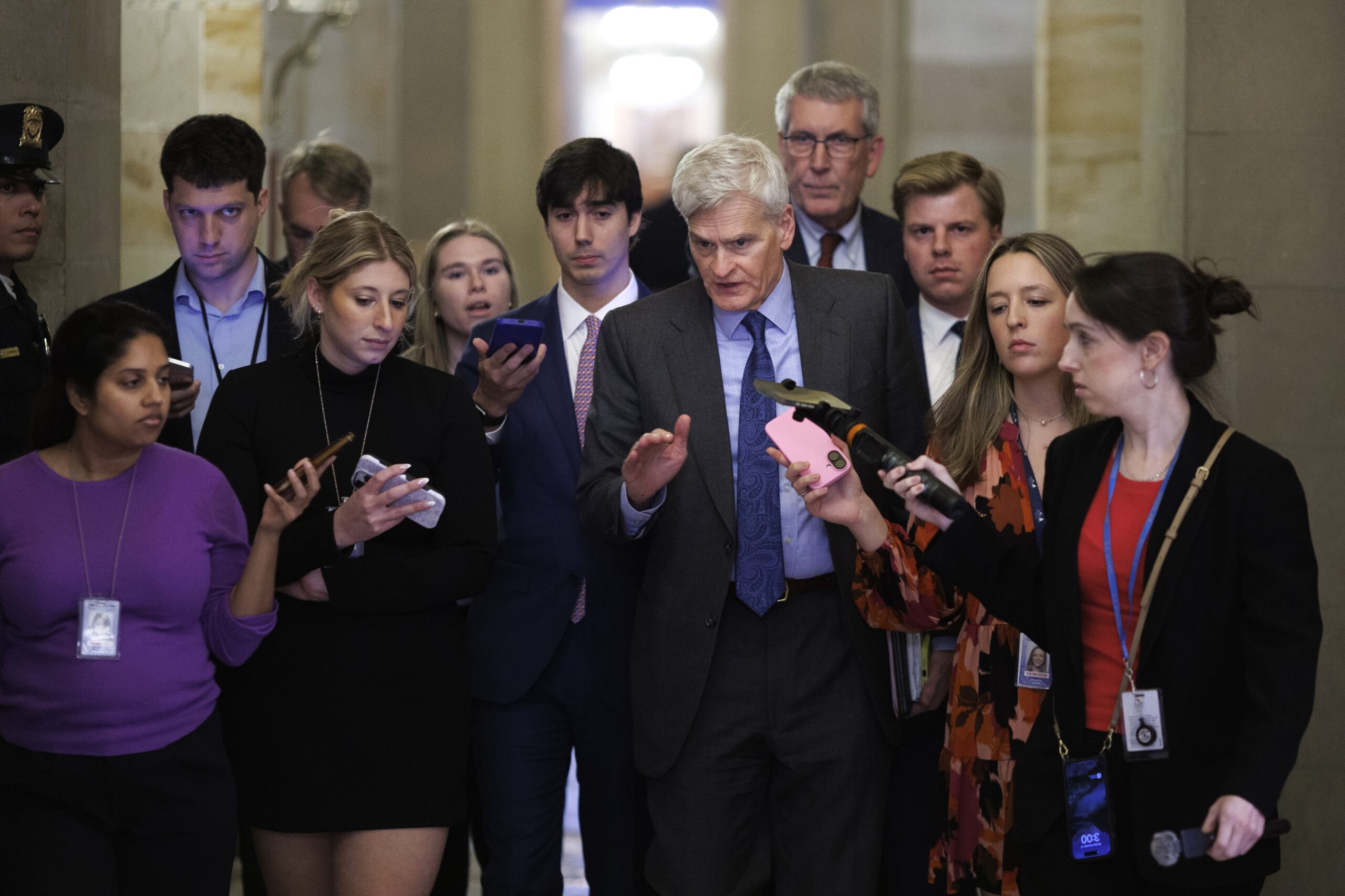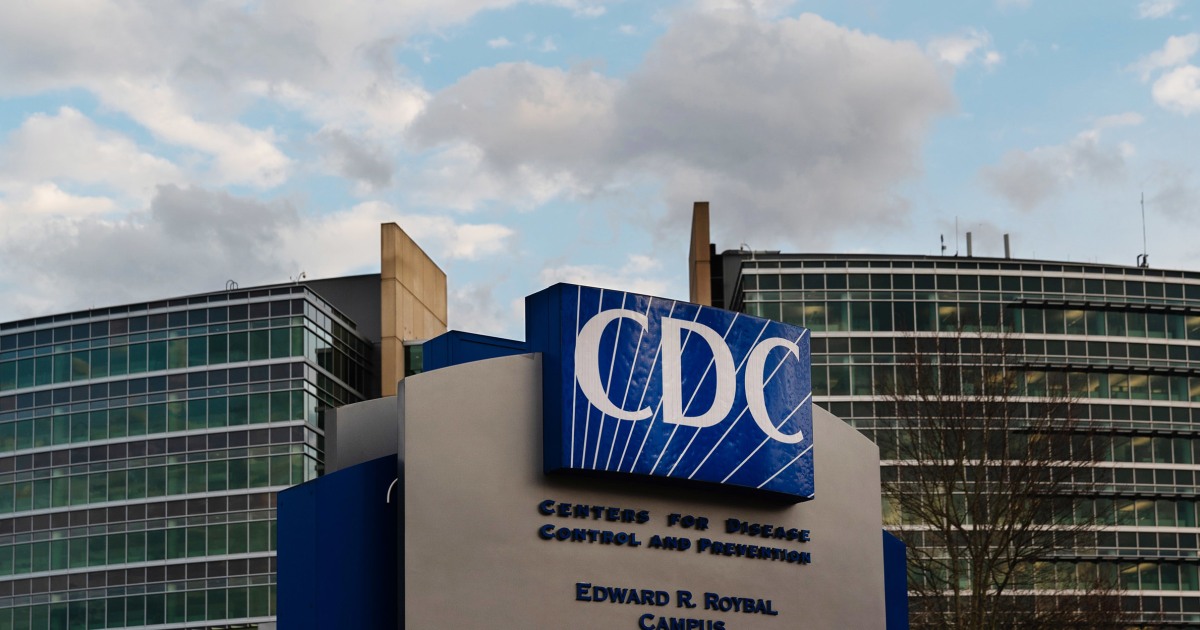CDC's Controversial Vaccine-Autism Website Update Sparks Public Health Debate
The CDC quietly updated its website, stating "'Vaccines do not cause autism' is not an evidence-based claim," sparking controversy and criticism from public health experts.
Overview
- The CDC quietly updated its website, stating "'Vaccines do not cause autism' is not an evidence-based claim," sparking controversy among the public health establishment.
- This change, attributed to a prior agreement rather than new scientific evidence, has drawn criticism for potentially distorting science and rejecting decades of vaccine safety research.
- Despite the controversial wording, the CDC confirms that vaccines do not cause autism, a stance also maintained by RFK Jr.'s CDC, emphasizing the scientific consensus.
- Public health experts, including Dr. Demetre Daskalakis, condemned the CDC's revised messaging as a national embarrassment, fearing it could severely undermine public confidence in immunizations.
- The U.S. Department of Health and Human Services is conducting a thorough assessment into the potential causes of autism, including biologic mechanisms and environmental links.
Report issue

Read both sides in 5 minutes each day
Analysis
Center-leaning sources frame this story by consistently portraying the CDC's website change as a dangerous, politically motivated departure from established science. They use strong, evaluative language to label the new claims as "false" or "misinformation," while emphasizing the "overwhelming evidence" against a vaccine-autism link. The collective narrative highlights expert condemnation and warns of public health risks.
Articles (20)
Center (8)
FAQ
The CDC updated its website due to a prior agreement under the Data Quality Act, which requires federal agencies to ensure the accuracy and objectivity of information. The agency stated that while decades of research have not found a link between vaccines and autism, the specific claim 'vaccines do not cause autism' cannot be definitively proven as evidence-based because no study has conclusively ruled out all possible associations.
Yes, the CDC continues to affirm that vaccines do not cause autism and that the scientific consensus supports vaccine safety. The updated wording reflects a legal and technical requirement rather than a change in scientific understanding.
The scientific consensus, supported by major health organizations and numerous studies, is that there is no credible evidence linking vaccines to autism. Reviews by the Institute of Medicine and the Agency for Healthcare Research and Quality have consistently found insufficient evidence to support a causal relationship.
Thimerosal is a mercury-based preservative used in some vaccines. Multiple studies, including those by the CDC and FDA, have found no evidence that thimerosal in vaccines causes autism or other neurodevelopmental disorders.
Experts are concerned that the revised wording could be misinterpreted as casting doubt on vaccine safety, potentially undermining public confidence in immunizations and fueling vaccine hesitancy, despite the unchanged scientific consensus.
History
- 10h

 6 articles
6 articles
- 13h

 6 articles
6 articles


















